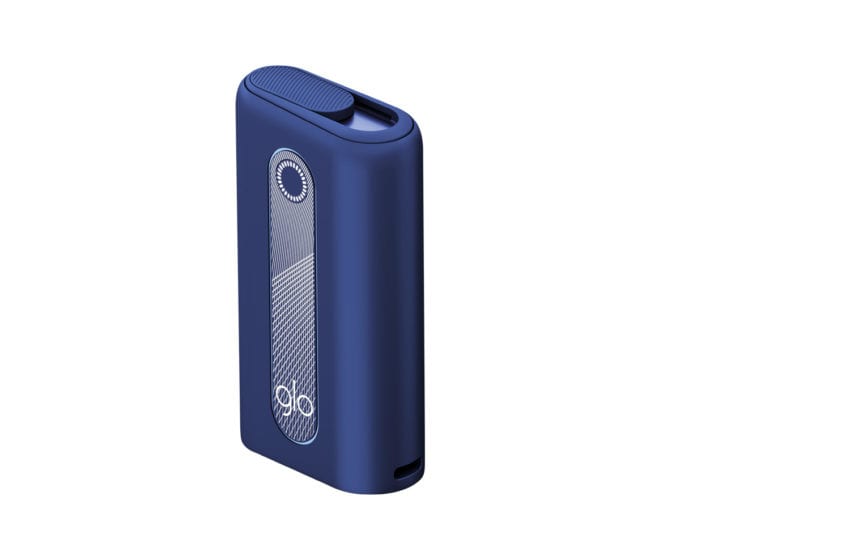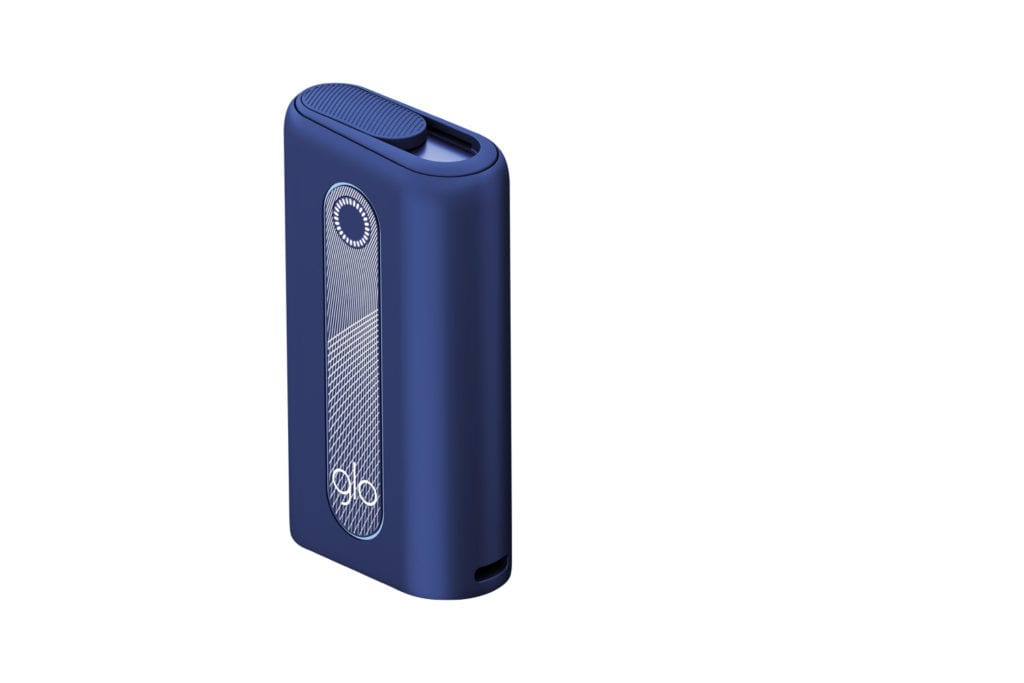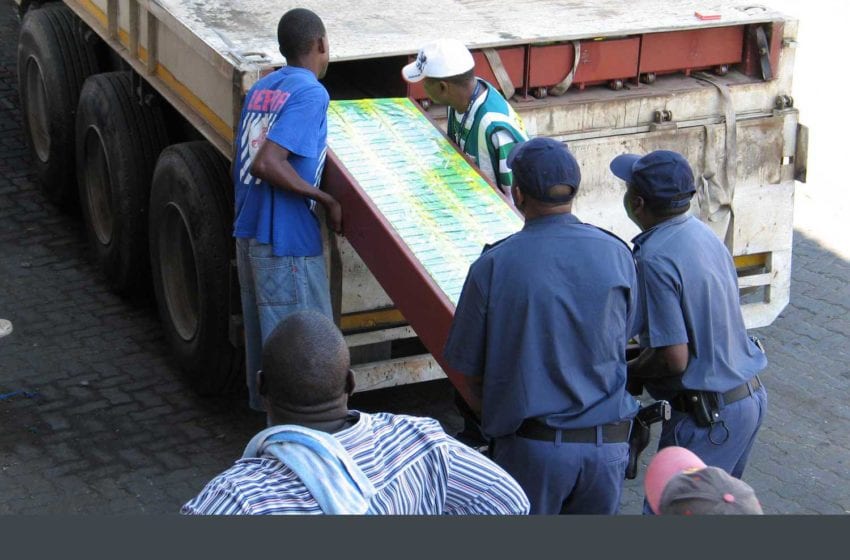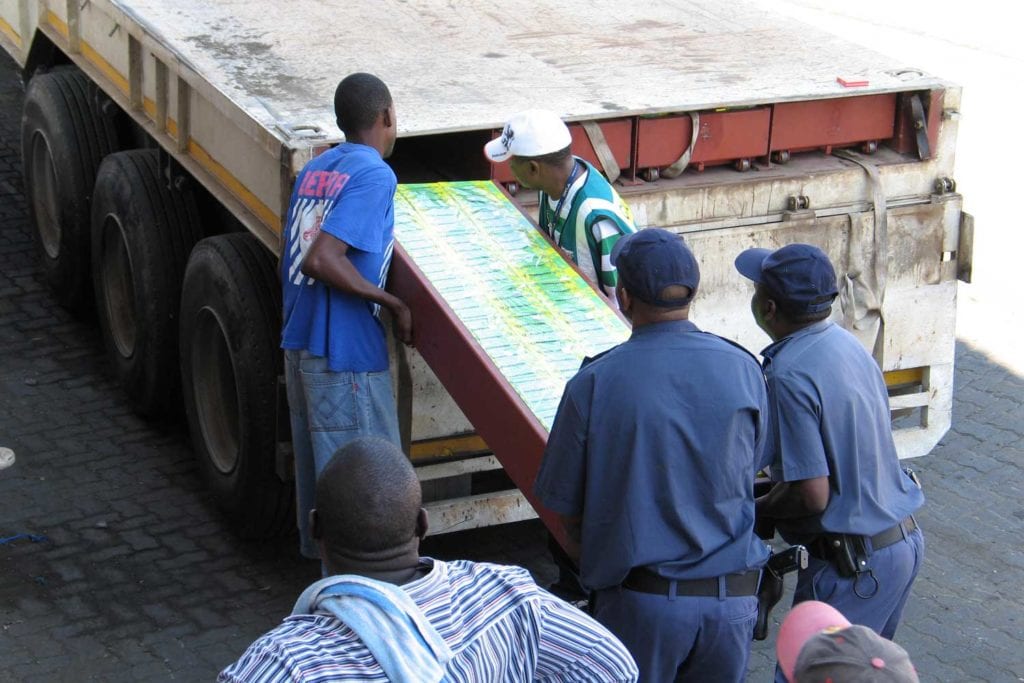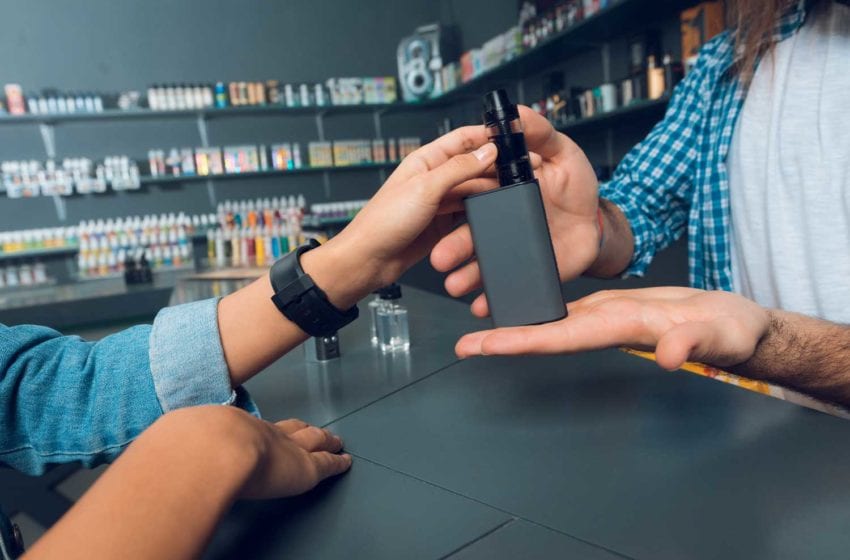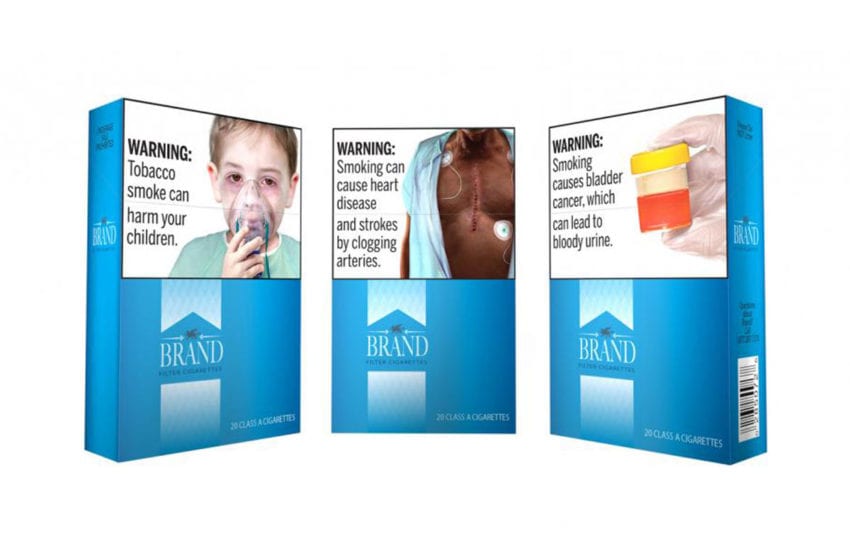A district court judge in Texas has again delayed the effective date for graphic health warnings on U.S. cigarette packs, according to reports in The Winston-Salem Journal and Lexus Legal News. The new date is April 14, 2022, pushed back from Jan. 14, 2022.
This marks the third delay for the warnings. On May 8, 2020, a court ordered the effective date to be delayed from June 18, 2021, to Oct. 16, 2021, because of the coronavirus. In December, Judge J. Campbell Barker further postponed the new requirements to Jan. 14, 2022, agreeing with the tobacco industry’s assertion that question about the validity of the rule remain unanswered.
The Food and Drug Administration released its final rule requiring new graphic warnings for cigarettes in March 2020. The rule calls for labels that feature some of the lesser known health risks of smoking, such as diabetes, on the top half of the front and back of cigarette packages and at least 20 percent of the area on the top of cigarette advertisements.
The warnings include statements that tobacco smoke can harm children and that smoking can cause bladder cancer and neck and head cancer.
The 11 new warnings must be randomly and equally displayed and distributed on cigarette packages and rotated quarterly in cigarette advertisements.
In April and May 2020, cigarette manufacturers and retailers sued the FDA, arguing that the graphic warning requirements amount to governmental anti-smoking advocacy because the government has never forced makers of a legal product to use their own advertising to spread an emotionally charged message urging adults not to use their products.
In the more recent challenge, tobacco companies argued that the deadline was too onerous due to the impact of the Covid-19 pandemic. “These expenditures of resources for the purpose of meeting the rule’s requirements constitute irreparable harm because plaintiffs cannot recover money damages should the rule and/or the graphic warning requirement in the Tobacco Control Act be invalidated,” the companies said in a legal filing.
This is the Food and Drug Administration’s second attempt to enact graphic health warnings under the 2009 Family Smoking Prevention and Tobacco Control Act. The first rule was struck down by the federal court in the District of Columbia as a violation of the First Amendment.
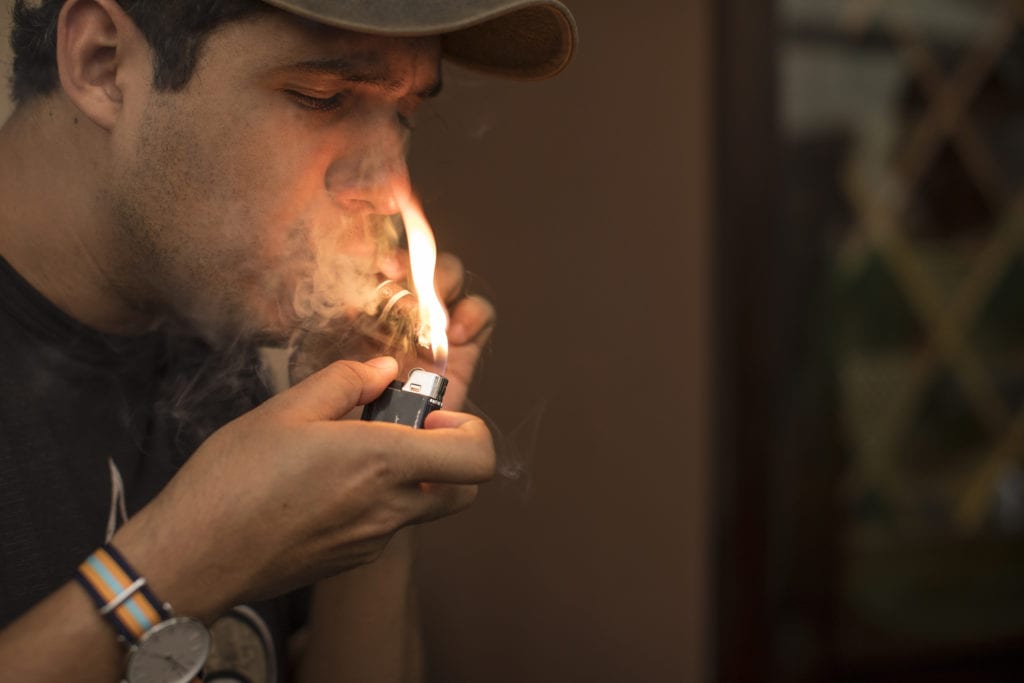

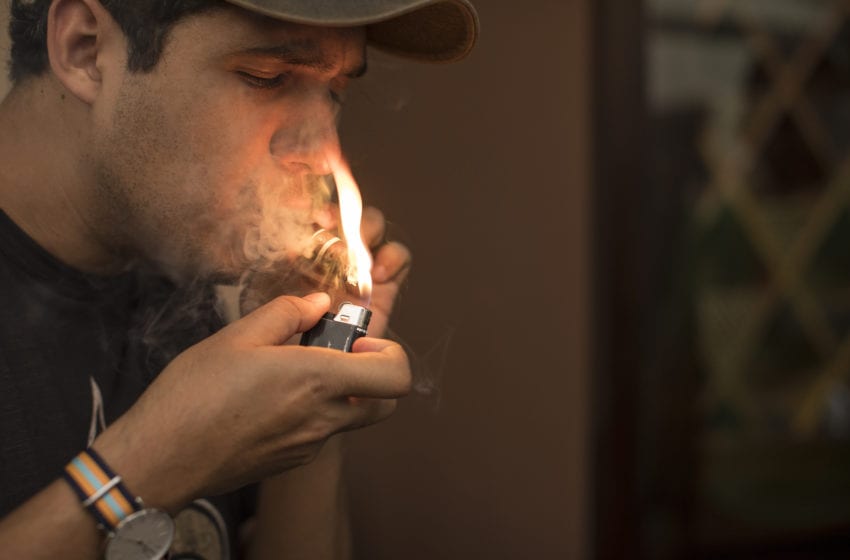
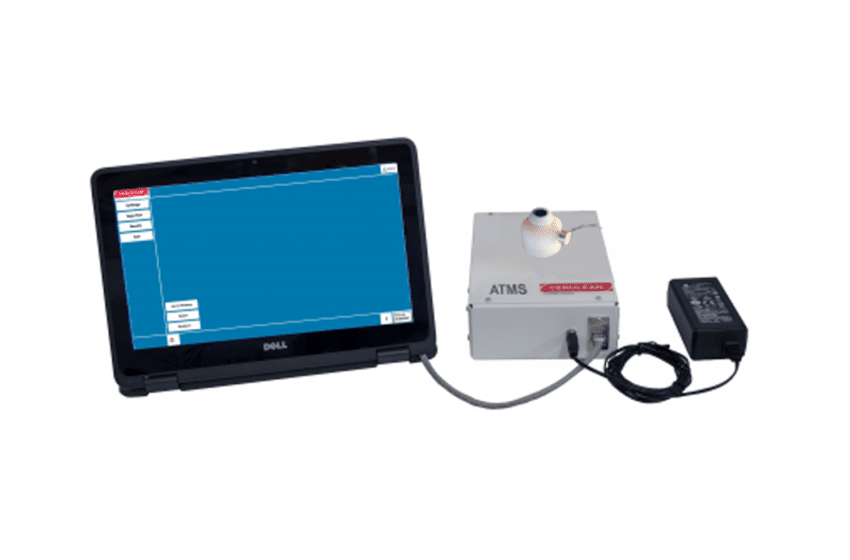
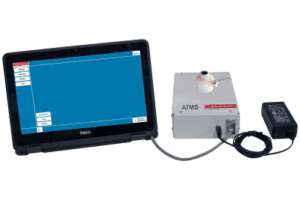 Cerulean has launched a new stand-alone Aerosol Temperature Measurement System (ATMS), the company announced on its
Cerulean has launched a new stand-alone Aerosol Temperature Measurement System (ATMS), the company announced on its 
 Australian law enforcement officers uncovered more than 40 hectares of illegal tobacco on properties on either side of the Victoria-New South Wales (NSW) border, reports
Australian law enforcement officers uncovered more than 40 hectares of illegal tobacco on properties on either side of the Victoria-New South Wales (NSW) border, reports 